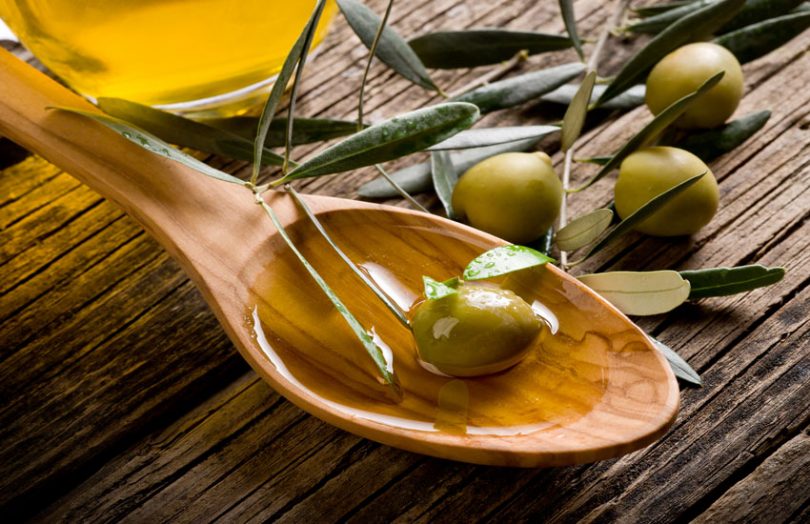Today, Tunisian olive oil producer CHO said it is using the IBM Blockchain for blockchain food traceability to track and trace its Terra Delyssa extra virgin olive oil across eight quality assurance checkpoints.
Much like grapes for wine, olive oil’s flavor depends on the batch of olives used in production. The extra virgin quality comes from the process used to extract the oil. To be classified as extra virgin, the methodology should avoid solvents and keep the olives at appropriate temperatures. However, it is common to mislabel inferior products as extra virgin olive oil. Additionally, the consumers are confused about how olive oils are blended, leading to distrust.
Now, CHO is joining the IBM Food Trust to provide provenance details to its customers. CHO produces about 50% of the total Tunisian packaged olive oil exports. Customers using the Terra Delyssa brand will be able to scan the QR code printed on the packaging to pull up details such as where the olives were grown, the mill where they were crushed, and the facility where the oil was filtered and bottled.
CHO said its Terra Delyssa olive oil is grown in pesticide-free orchards with 320 days of sun, is cold-pressed for quality and is made entirely from a single source. CHO is using the IBM Blockchain to manage and record traceability of the extra virgin line.
“With Food Trust, we believe we are among the first olive oil producers to use blockchain to provide our consumers a window into each step that goes into making our olive oil so exceptional,” said Wajih Rekik, CEO of CHO America.
Leveraging distributed ledger technology (DLT), olive farmers, millers, distributors and retailers can all access comprehensive product data. A recent IBM Institute for Business Value study found that 73% of consumers will pay a premium for full transparency into the products they buy.
For distributors and retailers, a separate application using blockchain is available to enable access to production information such as pressing stage, extra virgin, organic, and analysis from CHO’s International Olive Council accredited laboratory and third-party auditors.
“In terms of food provenance, olive oil presents a difficult challenge, as the product must work its way from an olive grove to an international base of retailers while retaining its purity and freshness,” said IBM Industry Platforms General Manager Raj Rao.
IBM Food Trust has several other high-profile members including Nestle, Carrefour, Douwe Egberts, Labeyrie and Raw Seafoods, among others.
Food traceability as a blockchain use case is being trialled in several countries including Australia, India, China and Thailand, to name a few.







